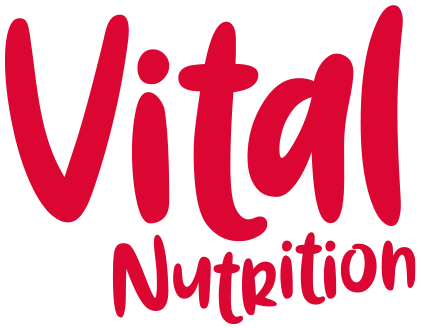Happy food
Food gives us so much more than just nutrition. It has the power to connect people and get us talking. In every culture across the world food is used to celebrate and to comfort.
So when life throws us a giant curveball, in the form of a global pandemic, one of the things that so many of us missed the most was sitting down with family and good friends to eat and share food together. Dinner by Zoom was just not the same.
Food is powerful stuff. As well as nourishing our physical health, it can affect our mental wellness too, to help us feel a bit happier, lift our mood and get us out of a funk.
Yesterday was World Mental Health Day, so let’s talk good mood foods!
Good Mood Foods
What is your happy food? What food do you turn to for comfort when you are having a down day? Is it home-made soup, your mum's curry recipe or a big bar of chocolate?
Most of us have a idea of what for will lift our mood, even if it is just a temporary lift.
Here are five ideas to consider on how you can use the power of nutrition to nourish your brain and help support better mental health:
1. Eat healthy fats - research shows that the essential fatty acids DHA and EPA found in oily fish like salmon, mackerel, herring and trout may help to prevent or even treat depression when combined with anti-depressant medication. If you are a fish eater, aim to eat oily fish from a sustainable source two or three times week. If you are a vegetarian or vegan, look out for DHA supplements from algae sources.
2. Eat your greens - dark green leafy vegetables are rich in magnesium, a mineral known for its calming effects. Magnesium is also found in dark chocolate, nuts, seed and wholegrains.
3. The amino acid tryptophan is a precursor for serotonin and it is though that this may help support a healthy balance of neurotransmitters. Found in oats, chicken, turkey, almonds and dairy products, it is widespread in foods. The active form of tryptophan, 5HTP, is available in supplement form, but must not be taken alongside mood-modifying medication.
4. Don't skip meals. Keep mealtimes regulate and remember to eat. If we skip meals, our body triggers adrenalin, which can leave us feeling jittery and anxious.
5. Cut out sugar and stimulants. Sugar and stimulants can give an initial high followed by a corresponding dip in mood and energy levels. Avoiding caffeine and sugary foods and drinks, whilst eating plenty of fresh fruits and vegetables, healthy fats, wholegrains and high-quality protein is an important dietary strategy to support improved mood.
Sometimes changing your diet can feel a little overwhelming, especially if you suffer for low mood or depression, so just change one thing.
Make it easy and something you know you will enjoy and see how that feels for a week or two. Take it one step at a time.
This blog post first appeared as my column in The Irish News on Saturday 9 October 2021.

